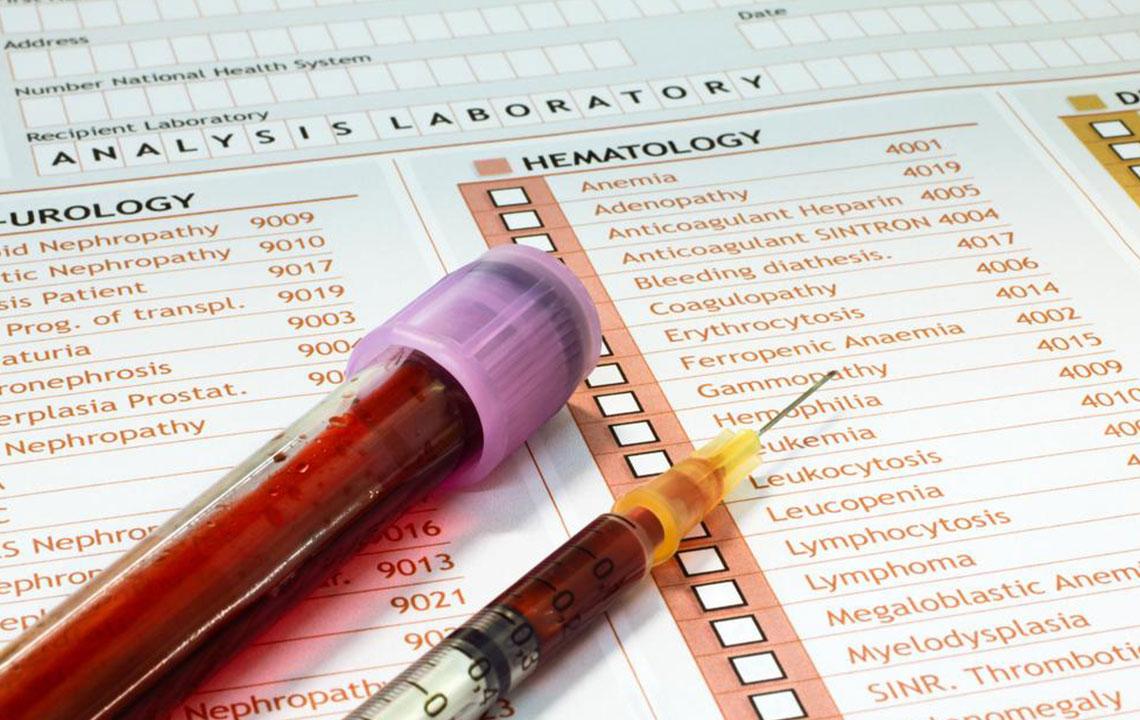Understanding Premature Ejaculation: Causes and Treatment Options
Premature ejaculation is a common sexual concern affecting men, leading to quick climax and dissatisfaction. Causes range from psychological stress to health issues, with treatments including topical creams, oral medications like SSRIs, PDE-5 inhibitors, and analgesics. Proper medical guidance is crucial for effective management. This article explores symptoms, causes, and the most effective treatment options to help men regain control and improve their sexual experience and confidence.

Understanding Premature Ejaculation: Causes and Treatment Options
Premature ejaculation occurs when a man reaches orgasm and ejaculates sooner than desired during sexual activity. This condition can be a source of frustration for both partners and may affect intimacy and confidence. Often uncontrolled, premature ejaculation can lead to dissatisfaction and emotional stress in relationships.
It is a prevalent sexual dysfunction in men, frequently causing relationship issues and emotional strain.
Primary Reasons for Premature Ejaculation
Common factors include:
First-time sexual experience or recent initiation into sexual activity.
Extended periods since last ejaculation.
Psychological factors such as depression, anxiety, guilt, or stress.
Hormonal changes.
Signs of Premature Ejaculation
Loss of control over ejaculation, leading to early orgasm.
Poor sexual satisfaction.
Feelings of guilt or dissatisfaction.
In most instances, the condition resolves over time, but if persistent, various medications can assist in managing it.
There are two primary types:
Lifelong premature ejaculation: This form begins early, often from the first sexual experience, and may persist lifelong.
Acquired premature ejaculation: Typically develops later in life due to stress, health issues like diabetes or hypertension.
Here are some common treatment options for premature ejaculation. Continue reading to learn more.
Effective Medications for Premature Ejaculation
Topical products: Creams and sprays with numbing agents like benzocaine, prilocaine, or lidocaine are applied to the penis to delay ejaculation. They are simple to use, effective, and generally have minimal side effects. Ideally, these should be applied 20-30 minutes before intercourse and washed off beforehand. Possible side effects include skin irritation, inflammation, decreased pleasure, swelling, allergic responses, and excessive numbness. Lidocaine sprays are widely available OTC, while combination formulations like EMLA require a prescription.
Oral medications: Certain pills can help control premature ejaculation. Key options include:
Antidepressants (SSRIs): Medications such as Lexapro, Zoloft, Paxil, Celexa, Clomipramine, or Prozac can delay ejaculation. Always consult a healthcare provider before use. Usually, noticeable results occur within a week. If SSRIs are ineffective, doctors might recommend medications like Anafranil or Dapoxetine, recently recognized for its efficacy. Side effects may include nausea, sweating, fatigue, reduced libido, and difficulty reaching orgasm.
PDE-5 inhibitors: Mainly used for erectile dysfunction, drugs like sildenafil, tadalafil, or vardenafil can also assist in delaying ejaculation, especially for men with both ED and PE. They should be avoided with certain heart conditions or nitrate medications. Combining PDE-5 inhibitors with SSRIs has shown promising results. Side effects include facial flushing, headaches, nasal congestion, or upset stomach.
Analgesics: Tramadol, an opioid painkiller, can increase ejaculation latency when taken about two hours before sex. Side effects include drowsiness, erectile issues, headaches, and dizziness. Consultation with a healthcare professional is essential before use.










